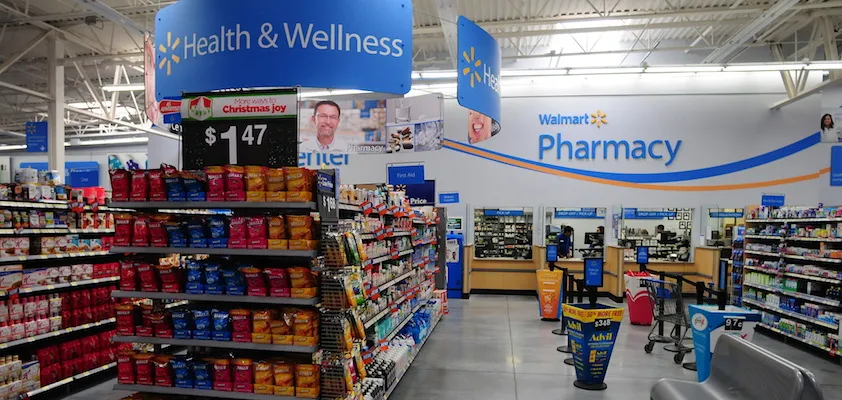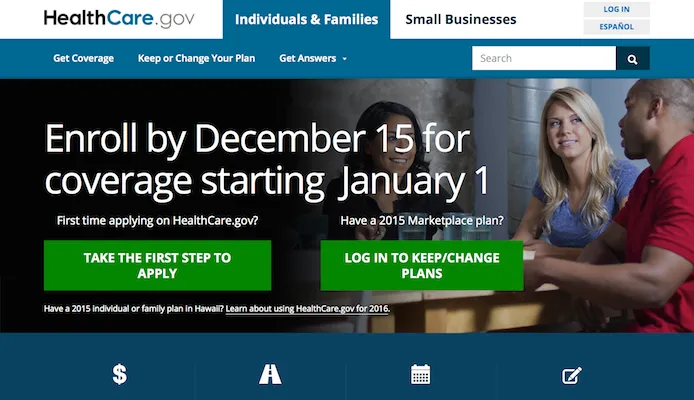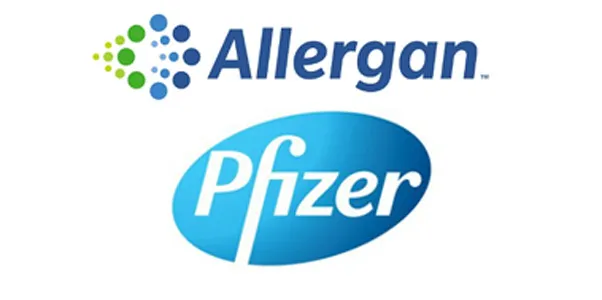Retailing is making headlines in the consumer press these days — the wrong kind of headlines.
Some samples include the following:
• CVS is being accused of targeting African-American and Hispanic shoppers as more likely to cause trouble than are Caucasian customers.
• Walmart has reluctantly agreed to lower the temperature — by one degree — in some stores while relaxing the dress code and increasing salaries for some department managers, though the retailer continues to insist that some department managers (electronics, for example) deserve higher pay than others (such as consumables).
• Walgreens is in the news for alleged difficulties in integrating its Walgreens and Alliance Boots units, despite little tangible evidence that it is unduly struggling to absorb the largest merger in the annals of retailing.
• Target continues to get headlines for myriad struggles to right itself, despite increasing evidence that it has already done so. Moreover, the Target Express format currently being tested in selected cities around the nation goes largely ignored. So, too, does the newly created Safeway-Albertsons grocery retailer, the second-largest food retailer in the country.
And so it goes. Retailing, once ignored by the consumer press, has become the subject of these and other stories chosen, randomly it seems, for their ability to titillate and alarm the consumer community.
Walmart’s salary disputes with its employees, it seems here, are old news — and hardly a fitting subject for so serious a newspaper as The New York Times. CVS’ internal struggles with security issues are, or should be, of no more than passing interest to newspaper readers who certainly face more important issues.
Perhaps more significant than the number of retailing stories appearing lately is their nature and tone. Retailing is hardly as compelling a subject as are some of the issues confronting America and the world these days. People are dying daily in wars around the globe. The Middle East becomes more dangerous with each passing minute.
Domestically, issues such as health care and immigration affect millions. Do Walmart’s salary tussles with its associates deserve equal space? Or indeed any space?
Perhaps retailing has become too big. Or too important. Perhaps too few positive stories have created a vacuum, one that negative stories have rushed to fill. Whatever the reasons, these stories are hardly bolstering the confidence American consumers have, or should have, in the stores that are an integral part of their daily lives.
Truth is, this is an exciting year in the retailing community. New faces abound at the highest management levels. New concepts are plentiful. New ways of doing business are replacing the old. An emphasis on healthy eating has emerged.
Perhaps most significantly, some of the largest U.S. companies are now retailing companies — Walmart, Walgreens, CVS, Target, Kroger, Safeway-Albertsons — while innovation now has some serious retailing adherents.
Part of the issue here is that too few consumer journalists understand retailing. Retailing remains, at many newspapers, the starting rung in the business department. Walgreens Boots Alliance held its first annual shareholders meeting under its new banner last month, in Chicago, a major U.S. city known for its newspapers. Few consumer journalists attended.
By contrast, many journalists journeyed to northwest Arkansas for Walmart’s annual meeting held earlier this month, primarily in the hope that some negative story about the world’s largest retailer — and publicly traded company of any kind — might surface.
The point of all this is that many thousands of Americans earn a living by working at retail. The great majority of them are proud of the contributions they make, the lives they influence, the roles they play in producing value for their customers and success for their companies.
It’s time, then, for the retailing and journalistic community to begin acknowledging the role retailing plays in the United States, a role perhaps more critical than that of any other business, a role that shapes and changes the lives of its customers on a daily basis.









